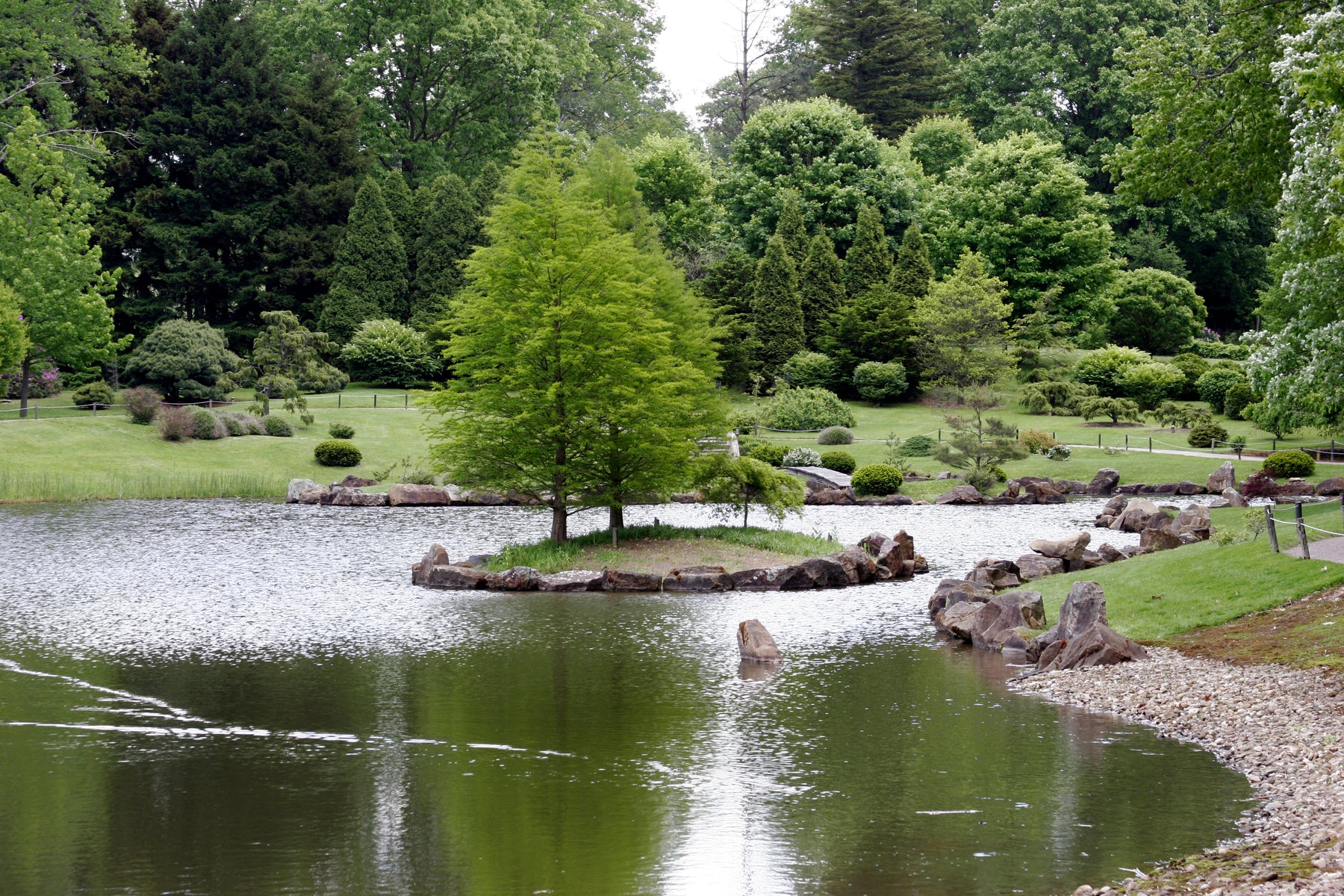
How Important Is Aeration To Maintaining A Healthy, Natural Pond?
Nutrients are continually being added to a pond by fish wastes, bird droppings, run-off, yard debris, and even rain.
These nutrients can be consumed by beneficial bacteria or plants.
Bacteria that consume oxygen (aerobic bacteria) are preferable because they consume wastes faster and release odorless carbon dioxide as a byproduct of respiration.
Non-aerobic bacteria, on the other hand, perform much slower and release hydrogen sulfide, the smelly sewer gas.
A lack of available oxygen typically limits bacterial population growth, which allows nuisance plants like algae to gain a foothold, supported by the excess nutrients in the pond.
The best way to support larger beneficial bacteria populations and healthy living pond biota is by installing an energy-efficient aeration system. Fine bubble aeration placed at the deepest area in a pond is important for healthy inversion and oxygen transfer.